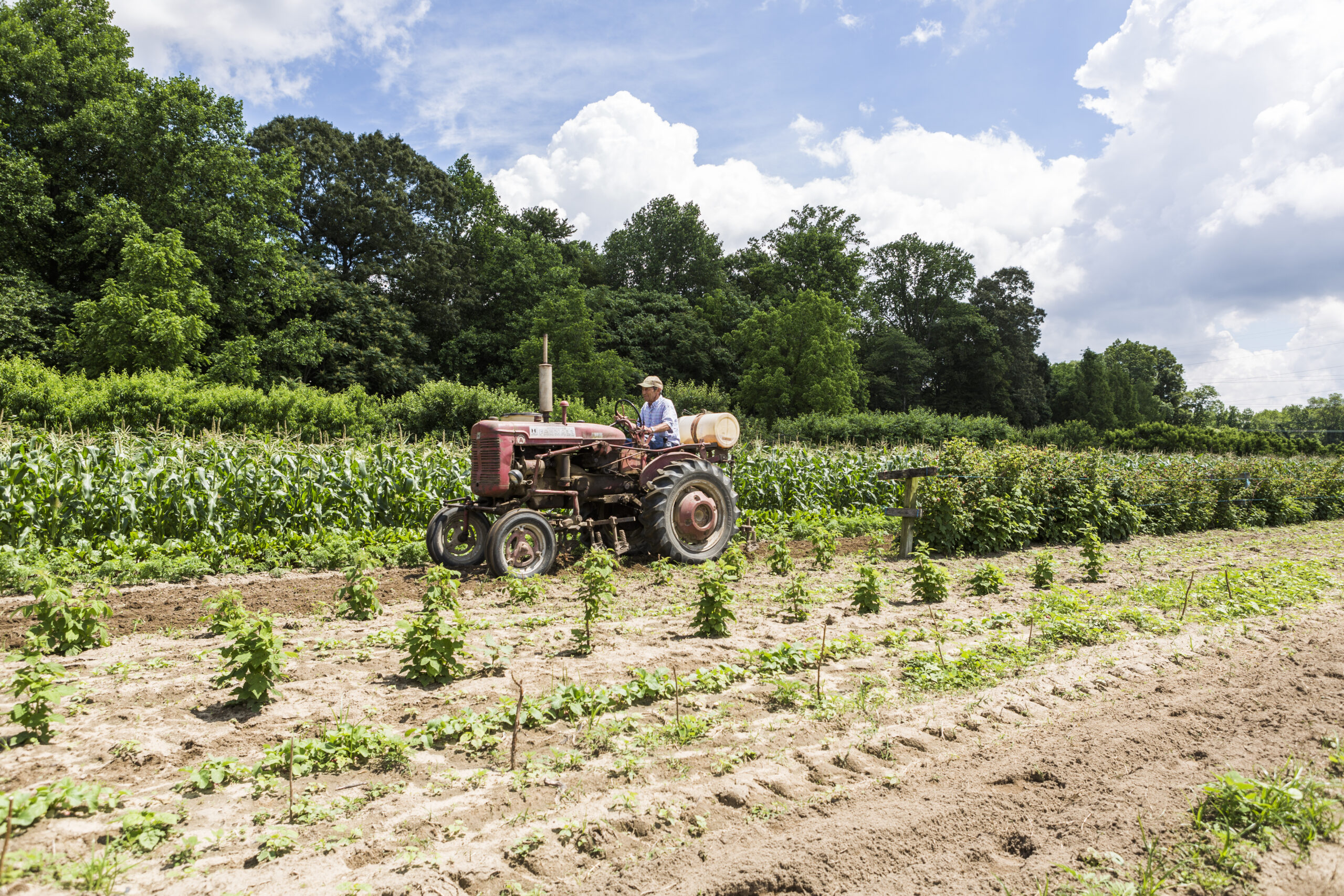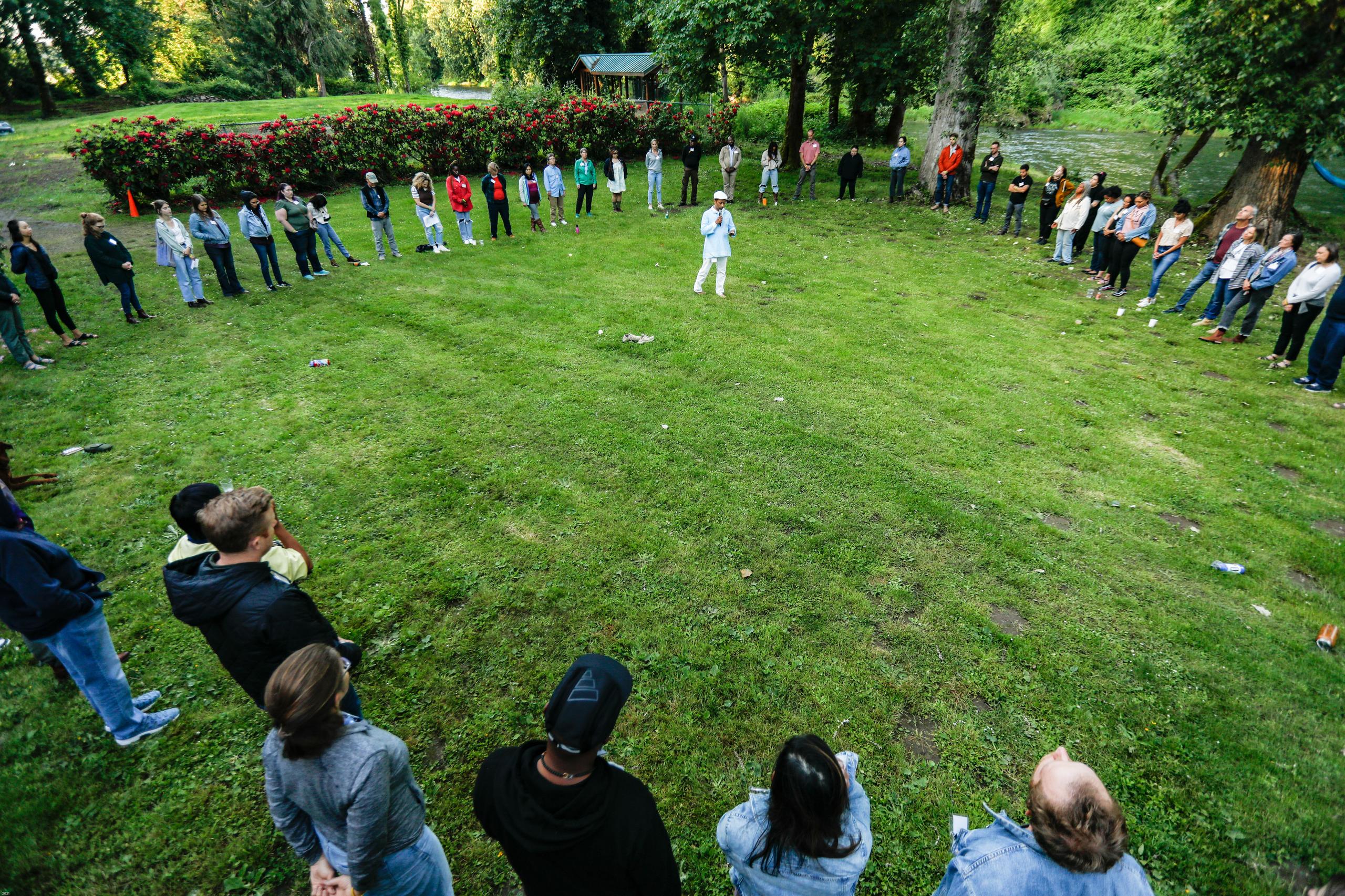

Our Mission
The Wallace Center brings together diverse people and ideas to co-create solutions that build healthy farms, fair economies, and resilient food systems.

We envision a world where all communities have the power to nourish themselves and regenerate ecosystems through just food and agriculture systems. At the heart of these systems are dynamic networks of people connected through interdependent relationships with each other and the land.



